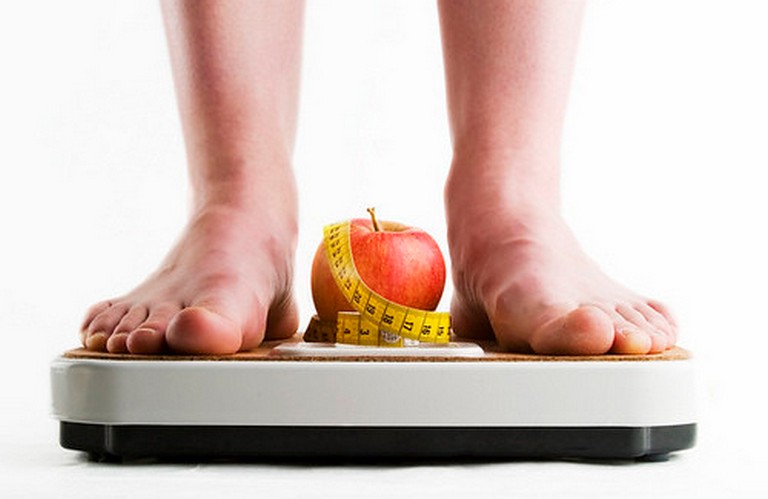What is Low or High Glycemic Index Diet.

The glycemic index (GI) is a measurement system devised at the University of Toronto in 1981 for ranking dietary carbohydrates. It measures how quickly carbohydrates in food raise blood sugar levels. Elaborate below summaries of both concepts:
Low Glycemic Index Diet:
A Low Glycemic Index Diet focuses on consuming carbohydrates that have a slower impact on blood sugar levels. The glycemic index ranks foods on a scale from 0 to 100 based on their effect on blood sugar. Foods with a low GI value (usually below 55) are digested and absorbed more slowly, leading to a gradual rise in blood sugar. This diet is often recommended for individuals aiming to manage blood sugar levels, especially those with diabetes or those seeking sustained energy levels.
Principal Aspects of a Low Glycemic Index Diet:
- Emphasis on Whole Foods: Prioritizes whole, minimally processed foods such as fruits, vegetables, whole grains, and legumes.
- Balanced Meals: Encourages balanced meals combining carbohydrates with protein and healthy fats to slow down the absorption of glucose.
- Favoring Complex Carbohydrates: Focuses on complex carbohydrates that break down more slowly, promoting stable blood sugar levels.
- Reduced Sugar Intake: Limits the consumption of refined sugars and processed foods, as they tend to have a higher glycemic impact.
- Improved Satiety: Can contribute to a feeling of fullness and sustained energy, potentially assisting in weight management.
High Glycemic Index Diet:
A High Glycemic Index Diet involves the consumption of carbohydrates that are quickly digested and result in a rapid spike in blood sugar levels. Foods with a high GI value (usually above 70) are associated with a faster release of glucose into the bloodstream. This type of diet is sometimes favored by athletes seeking rapid energy replenishment during or after intense physical activity.
Principal Aspects of a High Glycemic Index Diet:
- Quick Energy Source: Can be beneficial for athletes needing rapid energy before or after workouts for glycogen replenishment.
- Simple Carbohydrates: Includes foods like white bread, sugary cereals, and processed snacks, which are quickly broken down into glucose.
- Caution for Blood Sugar Control: Not recommended for individuals with diabetes or those needing to manage blood sugar levels, as it may contribute to fluctuations.
- Limited Satiety: May lead to quicker feelings of hunger due to rapid digestion, potentially impacting weight management.








